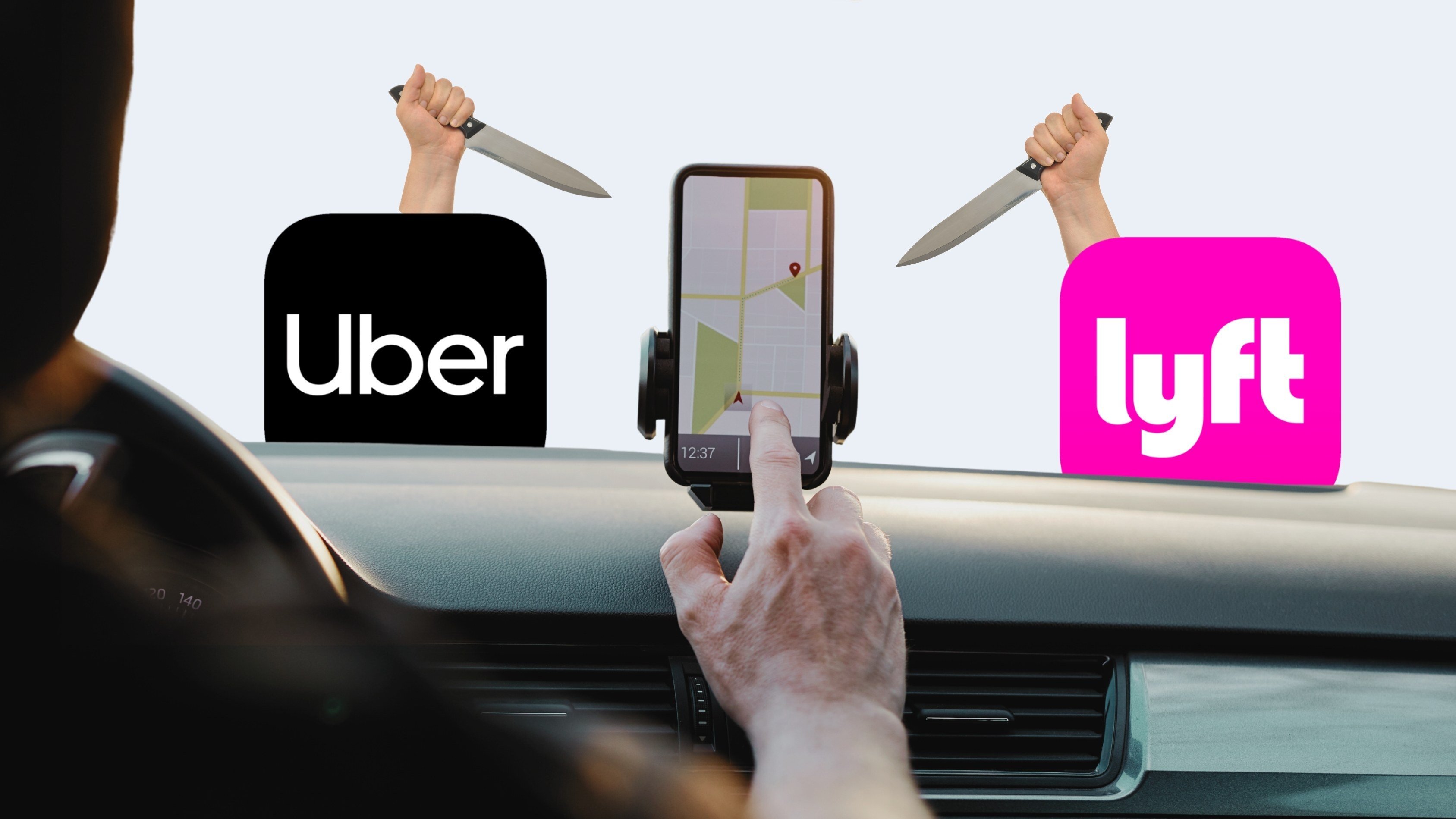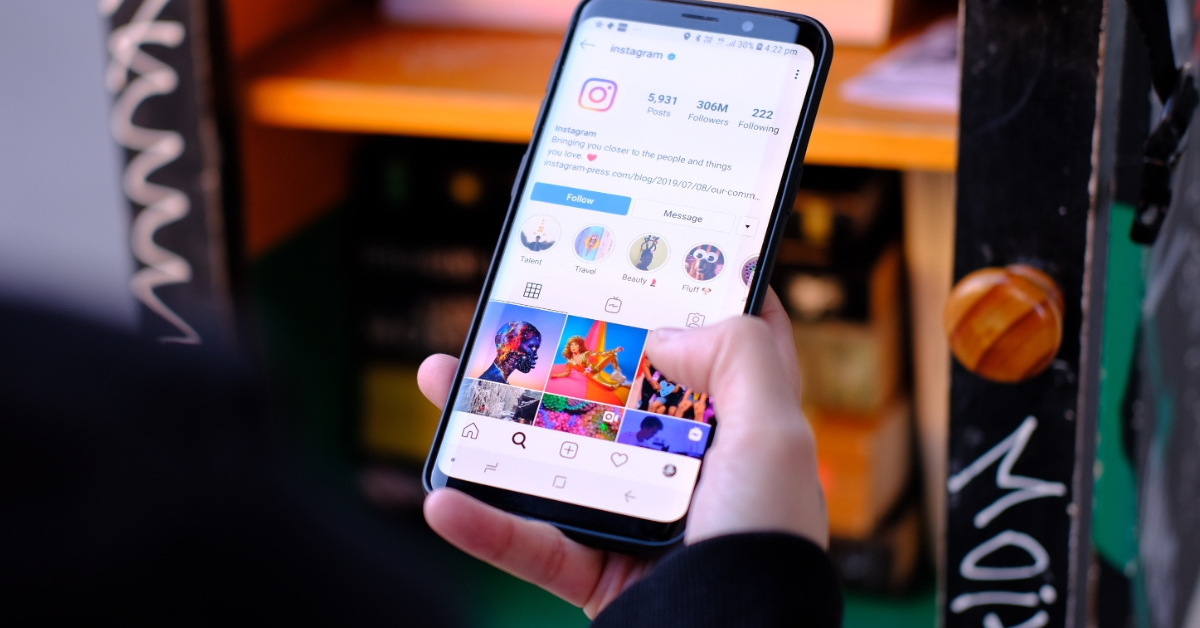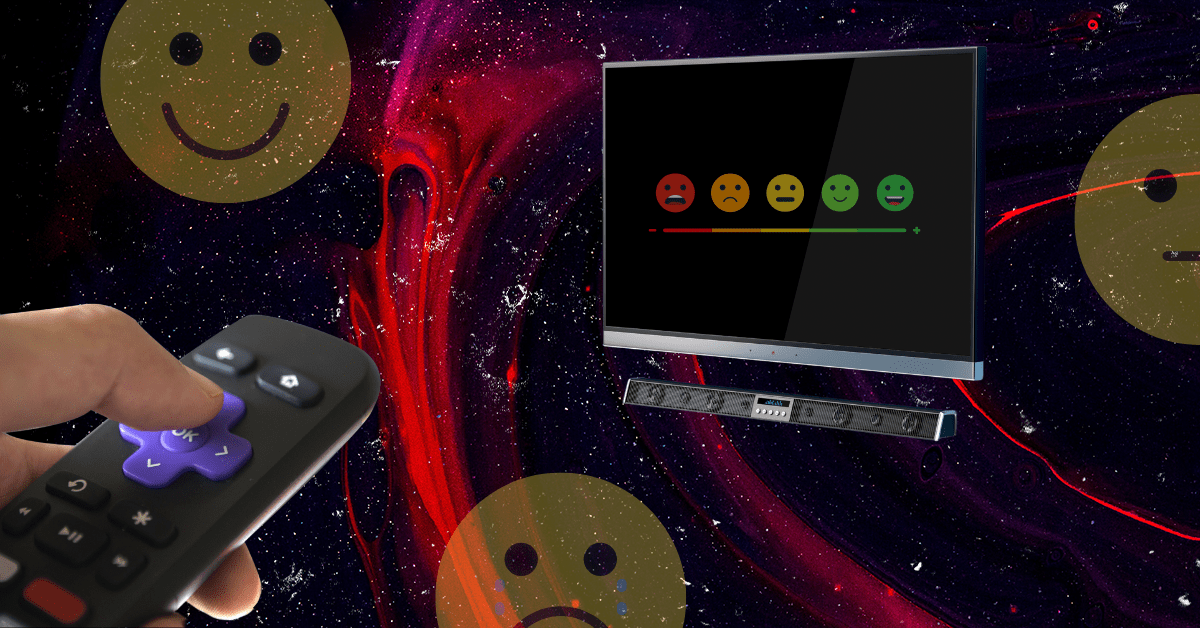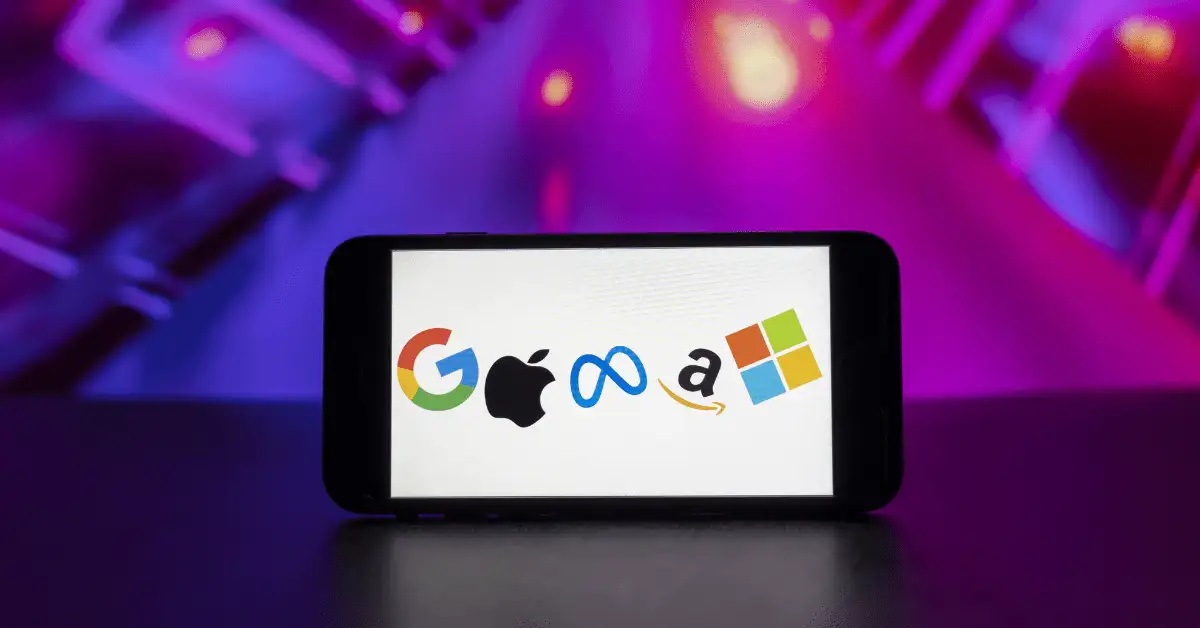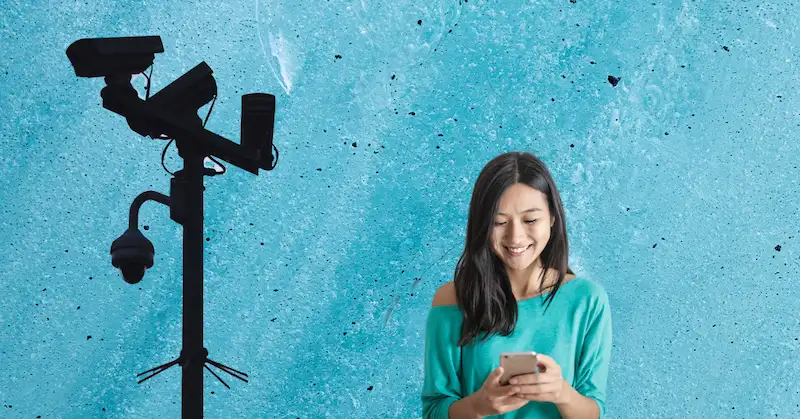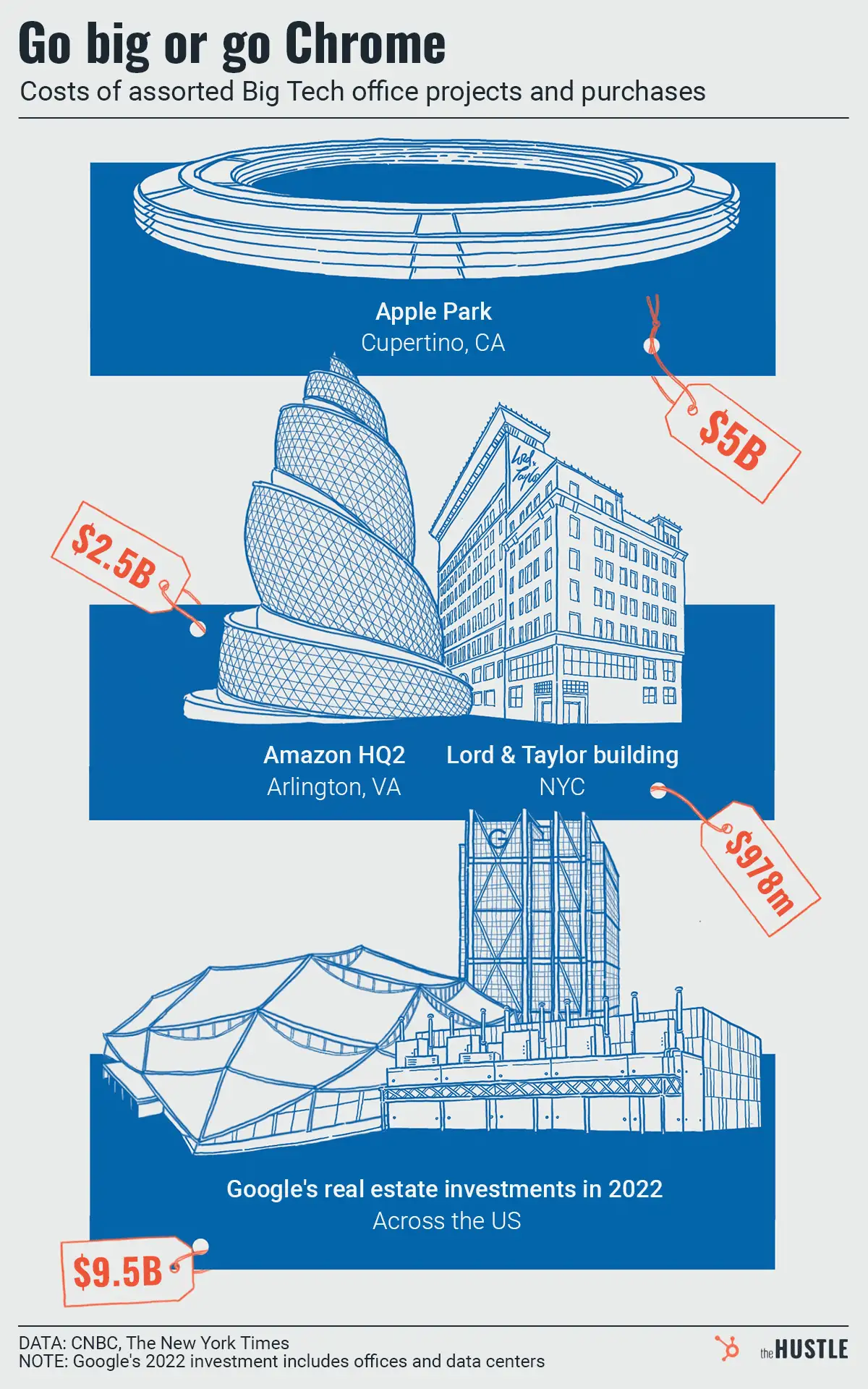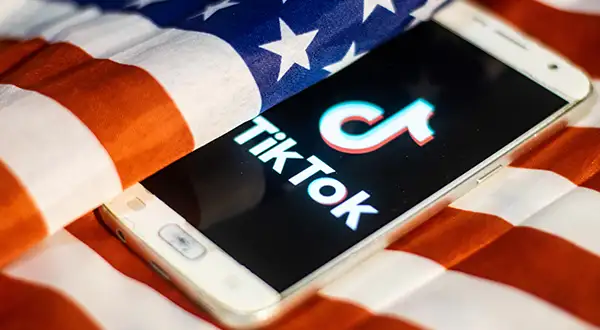If one of the major dictionaries doesn’t choose “enshittification” as its word of the year, we’ll be surprised, because this concept is everywhere.
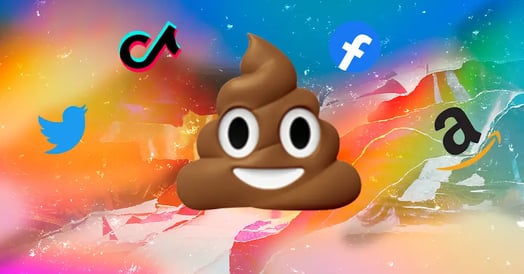
Masterfully coined by author Cory Doctorow, it’s exactly what it sounds like: when a digital platform slowly turns to shit.
How it works
Doctorow writes, “First, [platforms] are good to their users; then they abuse their users to make things better for their business customers; finally, they abuse those business customers to claw back all the value for themselves. Then, they die.”
It’s not hard to see how enshittification has manifested:
- Ads clogging up search results, media outlets, and social feeds
- Algorithms swapping your friends and interests for content intended to boost engagement
- Content creators who can’t reach their audiences anymore
- Sudden commission hikes for businesses
- New fees (e.g., Amazon Prime now charges members for grocery delivery)
So, everything sucks…
… but you’re stuck. Your grandma’s on Facebook. Netflix kicked your long-distance partner off your account, but you love “Squid Game.” Amazon’s digital media rights mean ebooks you paid for are Kindle-exclusive.
Some linger. Some churn. Investors get scared. Layoffs happen. A new thing comes along. It’ll probably also enshittify.
People have been using “enshittification” a lot…
… since Doctorow coined it in January because it remains so relevant: Reddit’s API fiasco, whatever Twitter’s doing — all examples in real time.
Meanwhile, Meta has signed up millions to its Twitter alternative, Threads, admitting it’ll only be ad-free until it lures 1B users — the beginning of Doctorow’s cycle.
How to fix it
Both Doctorow and Techdirt’s Mike Masnick talk about interoperability — allowing users to change platforms without losing communities (or ebooks) if enshittification occurs — motivating companies to, you know, not ruin their own platforms.
Masnick also offers seven rules for CEOs on prioritizing the communities that platforms build, over quick shifts to capture profits and please short-sighted investors.
Oh, and to never charge for what used to be free.
Big Tech

